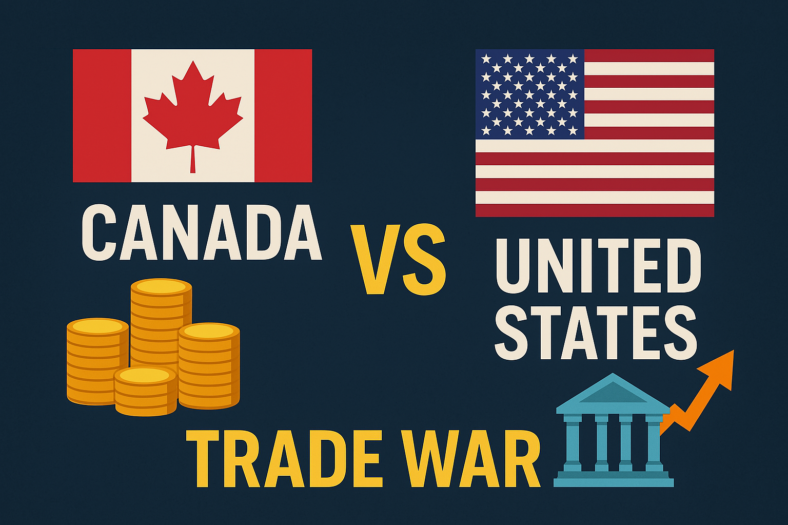Recent data from Statistics Canada indicates that the nation’s inflation rate has declined to 1.7%, falling below the Bank of Canada’s (BoC) target of 2%. This development has fueled speculation that a series of rate cuts could be on the horizon.
A report from CIBC Economics, released in September, suggests that a more aggressive approach is expected within the next five months, predicting two 0.5% cuts in December and January.
“This is a shift from our earlier forecast, which anticipated rate reductions of 0.25% increments,” commented CIBC economist Avery Shenfeld in the report. “We no longer foresee any pauses on the path to less restrictive monetary policy.”
If these predictions hold, the overnight rate could drop to 3.25% by January. However, changes since the report’s release suggest that a rate cut may occur sooner. Mortgage expert Penelope Graham from Ratehub.ca believes that a half-point cut might happen as early as next week.
In her interview with Daily Hive, Graham explained, “The latest Consumer Price Index (CPI) data has given the BoC all the justification it needs for a substantial rate cut next week. With inflation dropping well below the Bank’s forecast and target of 1.7%, it’s clear that more decisive action is needed to support the slowing economy.”
Graham noted that if a 0.5% rate cut is implemented, Canada’s overnight lending rate would decrease to 3.85%, a level last seen in early 2023.
Impact of U.S. Economic Indicators on Canada’s Rates
Graham highlighted that economic trends in the U.S., a key economic partner for Canada, also play a role in influencing Canadian markets. She noted that bond yields have been fluctuating above 3.1% recently, driven by higher-than-expected U.S. inflation figures and employment reports in both countries.
“Despite this, Canada’s latest CPI data has solidified market expectations for a larger rate cut,” she said. “Five-year Government of Canada bond yields have recently dropped to around 3.0%, which could result in downward pressure on fixed mortgage rates. Currently, the lowest five-year fixed rate in Canada stands at 4.05%.”
New Mortgages and Renewals
According to Graham, with interest rates changing frequently, it’s a volatile period for individuals seeking new mortgages or those nearing renewal.
“It’s crucial for borrowers to explore all available rate options and determine the best rate type, term, and duration for their situation,” she advised. “Collaborating with a mortgage professional is vital to devise a personalized rate strategy, especially when rates are trending downward.”
Her analysis reveals that while there hasn’t been a dramatic surge, there are signs that Canadian homebuyers are responding to recent rate adjustments.
“The latest national sales data shows both monthly and yearly increases. However, as expectations shift toward more substantial rate cuts in the coming months, some buyers may adopt a wait-and-see approach to see how much further borrowing costs will decrease.”
Investors May Face Reduced Returns
Not everyone will benefit from the potential rate cuts. Investors and savers may experience a decline in their returns as prime rates adjust downward, particularly if the projected cuts occur.
Potential Impact of a Major Rate Cut
To illustrate the impact of a significant rate cut, consider a homeowner who made a 10% down payment on a property valued at $679,000 , the average price reported in September by CREA , and secured a five-year variable rate of 5.40%, amortized over 25 years (total mortgage amount: $611,100). Their current monthly mortgage payment is $3,765.
Using Ratesheet.ca’s mortgage payment calculator, if a 0.5% rate cut is implemented, the homeowner’s variable rate would reduce to 4.90%, resulting in a new monthly payment of $3,582.
This adjustment would mean a savings of $183 per month, or $2,196 annually, for the homeowner.




















